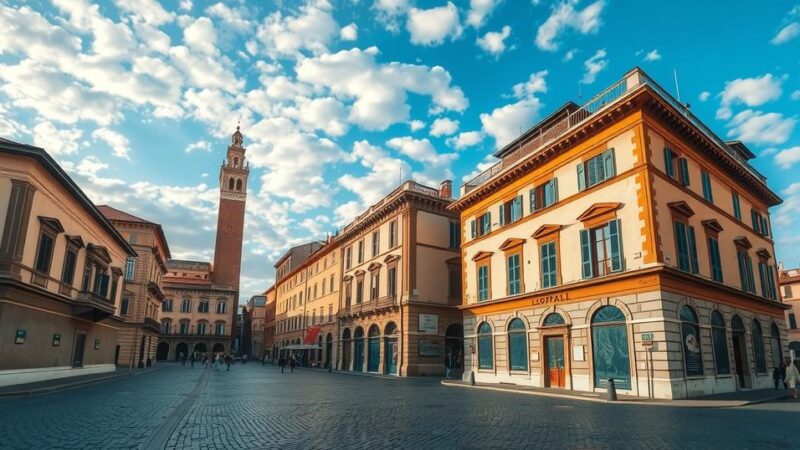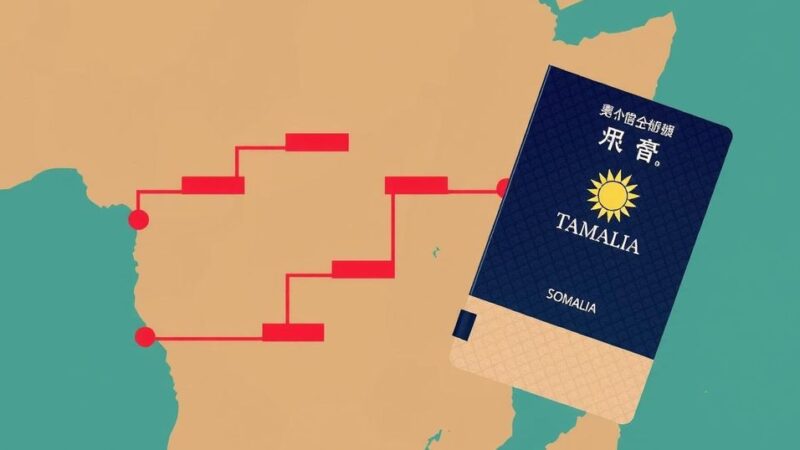Mauritania has distanced itself from the visit of Mohamed Al-Mukhtar, an adviser to Sudan’s RSF, following public backlash. Officials stated that his presence was personal and not government-sanctioned. Al-Mukhtar’s visit, linked to alleged human rights abuses, has faced condemnation from civil society and prompted calls for his expulsion.
On May 1, the Mauritanian Government took a step back from the controversial visit of Mohamed Al-Mukhtar, a senior adviser to the commander of Sudan’s Rapid Support Forces (RSF). This disassociation came amid a wave of public discontent with his presence in the country, which officials described as a strictly private mission, devoid of any government endorsement.
El-Houssein Ould Meddou, Mauritania’s Minister of Culture and government spokesperson, clarified during a press briefing in Nouakchott that Al-Mukhtar’s visit was not sanctioned by the state. “The government did not invite the political adviser to the commander of Sudan’s RSF,” he stated bluntly, emphasizing that Al-Mukhtar was invited personally and that his stay lacked formal diplomatic implications.
Reports indicate that Al-Mukhtar attended religious events organized by a spiritual institution related to the Qadiriyya Sufi order while in Mauritania. Specifically, he participated in a significant religious ceremony last Friday in Nimjatt, located in the western Trarza region. However, his attendance has prompted a severe backlash within Mauritanian society.
The condemnation arises largely from Al-Mukhtar’s alleged links to human rights abuses in Sudan’s ongoing conflict. As a prominent figure in the RSF—an organization widely condemned for its involvement in severe human rights violations, including actions deemed genocidal—the sight of him in Mauritania has stirred considerable moral and political anxiety.
Civil society groups and political commentators have strongly urged the Mauritanian government to take action, with many voicing the demand for Al-Mukhtar’s expulsion. The calls for accountability resonate across various media platforms, reflecting a broader concern regarding the humanitarian crisis in Sudan.
By distancing itself from Al-Mukhtar’s visit, the Mauritanian administration appears to be trying to mitigate reputational risks and reinforce its stance of neutrality regarding Sudan’s conflicts. Nevertheless, this episode casts a spotlight on the complex dynamics of religion, diplomacy, and justice amid the precarious security situation in West Africa.
The Mauritanian Government publicly distanced itself from the controversial visit of Sudan’s RSF adviser, Mohamed Al-Mukhtar, amid significant public outcry. Officials clarified that his presence was not authorized or sanctioned, prompting concerns about involvement in human rights violations. The incident raises critical questions about Mauritania’s neutrality and the delicate intersections of religion and diplomacy within West Africa’s security landscape.
Original Source: northafricapost.com






